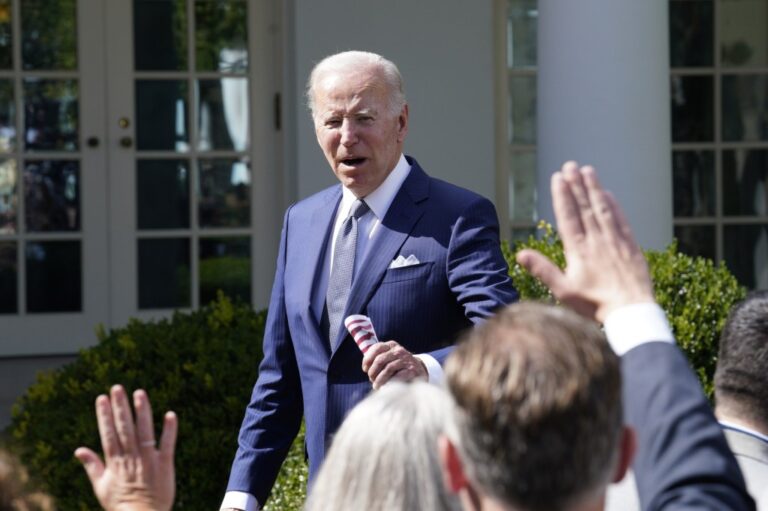
Yearly, from mid-October to early December, tens of millions of Medicare beneficiaries get the possibility to decide on a brand new well being plan. With dozens to select from and a blizzard of ads, extra seniors are choosing the only, least expensive choice: privately run plans generally known as Medicare Benefit.
Such plans are a one-stop store. They sometimes supply perks excluded from conventional Medicare, equivalent to imaginative and prescient and dental protection, with low or zero premiums and caps on spending. Regardless of extra restricted networks of medical doctors and hospitals, most seniors who signed up say they’re happy with the selection.
Nonetheless, Medicare Benefit has drawbacks — most notably its exorbitant value. Authorities experiences present this system routinely overburdens taxpayers in comparison with authentic Medicare — to the tune of $27 billion this yr alone — at a time when the system’s solvency is in danger.
With greater than half of enrollees now lined by Medicare Benefit — a share anticipated to develop sharply — this system could effectively displace conventional Medicare within the coming years. A greater stability between the pursuits of the recipients and the taxpayers shall be decisive for it to thrive because it ought to.
Congress established what’s now referred to as Medicare Benefit three many years in the past to supply seniors extra selections and (in principle) to maintain Medicare’s ballooning funds in examine. The federal government would pay business insurers to supply extra environment friendly care, the considering went.
However Medicare Benefit has by no means saved the state cash. Congress’s inner advisory committee estimates that overpayments to Medicare Benefit plans will attain a whole lot of billions of {dollars} within the decade to 2033. Impartial researchers have discovered that insurers earn greater than twice as a lot per affected person in this system in comparison with particular person or employer-sponsored plans.
How did Medicare Benefit change into, as one examine put it, a “cash machine”? Insurance coverage firms submit bids to Medicare that cowl the estimated prices of offering customary advantages to a median beneficiary. Medicare calculates a cost “benchmark” for a given county. If a plan bids beneath the benchmark, it could actually obtain a “rebate” from the federal government — funds to pay for further advantages and decrease premiums. What’s left goes to income and administrative prices. Plans obtain bigger funds for riskier enrollees with greater anticipated well being care prices.
With out cautious supervision, such a system could be simply abused.
One of the simplest ways ahead can be to part out the benchmark system, which – counterintuitively – is designed to pay an excessive amount of. In some areas, benchmarks are set greater than common Medicare prices. This incentive was initially meant to broaden protection. With this system now ubiquitous, it not is sensible.
As an alternative, Medicare ought to permit plans to compete immediately with one another on premiums, as they’d within the business market. Such a change would permit taxpayers and beneficiaries alike to share in financial savings that might quantity to as a lot as $230 billion over a decade. Medicare Benefit is widespread for good causes and may stay an alternative choice to conventional Medicare. With the appropriate cost reforms, this system ought to work within the pursuits of all concerned.
Bloomberg Opinion/Tribune Information Service

